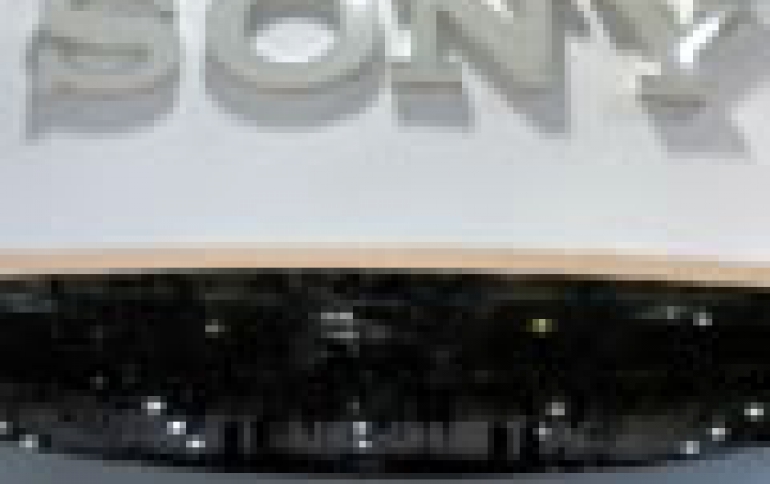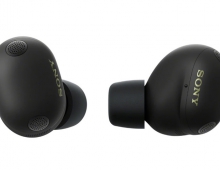
Sony Profit Decreased On Battery Unit Sale
Sony said Tuesday its first-half net profit dived as it was hit by a rally in the yen's value and losses linked to the sale of its battery business. The electronics giant, which has been shedding assets as part of a broad restructuring, reported a 26 billion yen ($248 million) net profit in the six months through September, down nearly 78 percent from a year earlier.
Revenue in the first half of Sony's fiscal year fell more than 10 percent to 3.3 trillion yen "primarily due to the impact of foreign exchange rates", Sony said.
Sales in Sony's mobile communications business slumped (decreased 39.6% year-on-year), while profitability in its memory chip (sales decreased 5.0% year-on-year) and components businesses (sales decreased 23.7% year-on-year) also suffered.
That partly offset strong demand for games on its popular PlayStation 4 game console.
Last month Sony launched its new virtual reality headset, the PlayStation Virtual Reality (PSVR), in Japan and North America, joining Facebook, Samsung and Google in a market that analysts say could boost the global gaming sector.
PlayStation VR headsets work with PS4 consoles, more than 40 million of which have been sold globally. Dozens of software titles for the device are in the pipeline, allowing players to fly like an eagle, drive sports cars in high-speed races and explore castles.
On Monday, Sony warned that it now expected a net profit of 60 billion yen in the year through March 2017, down by a quarter from an earlier forecast.
It cited impairment charges and other costs linked to the sale of its battery division to Apple supplier Murata Manufacturing.
Sony also remains bullish about the long-term prospects of its cash-cow imaging sensor business after earthquake damage to a major factory contributed to a 48 percent drop in quarterly profit.
Sony's imaging sensors for cameras and smartphones helped the electronics manufacturer emerge from years of restructuring. But progress stalled when a series of earthquakes in April caused stoppages in sensor production, leaving the broader semiconductor division swinging to a second-quarter loss. Sony said it took almost half a year for shipments to fully recover.
Sony is also taking steps toward entering the automotive market as it seeks to reduce reliance on the volatile smartphone sector. One such step was automotive parts supplier Denso Corp deciding to adopt Sony sensors.





















